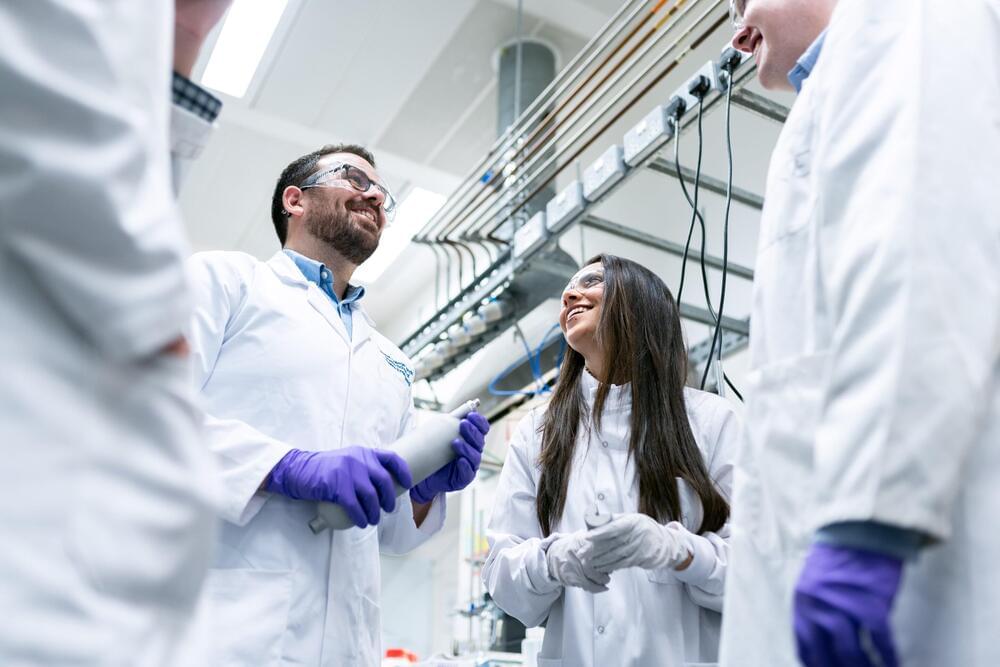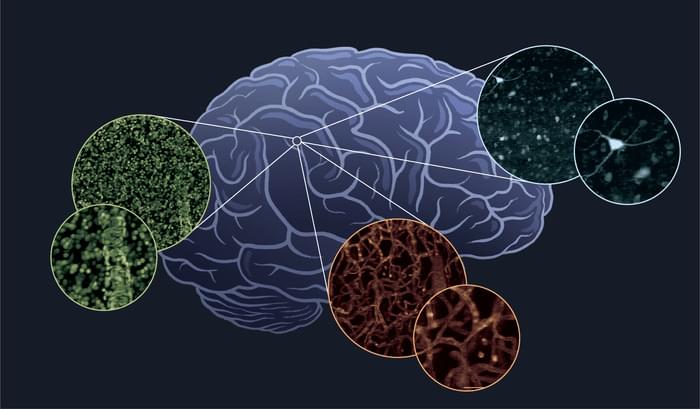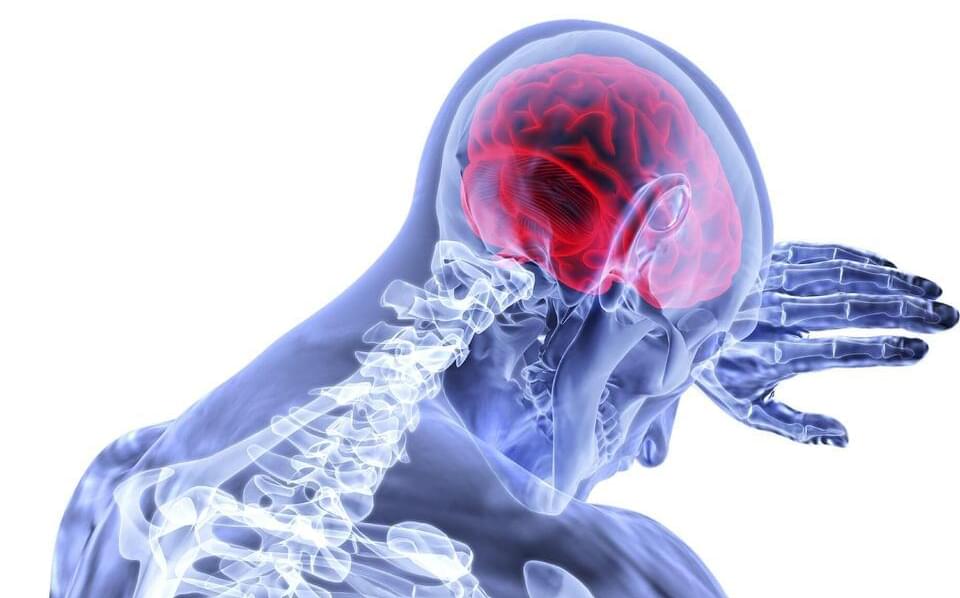Obesity and its consequences on overall health have become a serious global problem. However, very few substances or drugs can fight obesity. In a recent study, Japanese researchers investigated the anti-obesity effects of tocotrienols, a subtype of vitamin E. Experiments showed that tocotrienols significantly reduce the weight gained by mice on a high-fat diet, while also lowering “bad” cholesterol levels. The results pave the way to efficient treatments for obesity.
Over the past few decades, obesity has become increasingly common throughout the entire world. Since obesity often causes other diseases, including diabetes and various cardiovascular disorders, it represents an alarming social problem in both developed and developing countries. Although most of us know that a balanced diet and plenty of exercise are the best ways to prevent obesity, having drugs to effectively treat it would still come in handy if necessary.
Unfortunately, there are very few known substances or drugs that can help prevent or treat obesity and its dreaded secondary diseases. One problem is that some of the mechanisms of obesity-induced diseases are unclear. For example, there is some evidence showing that obesity increases oxidative stress (oxidation) in the body. In turn, some scientists suspect that increased oxidation is the reason why obesity paves the way for neurodegenerative disorders like Alzheimer’s disease. Taking this into account, it might be helpful if potential drugs for treating obesity also had strong antioxidant functions.






